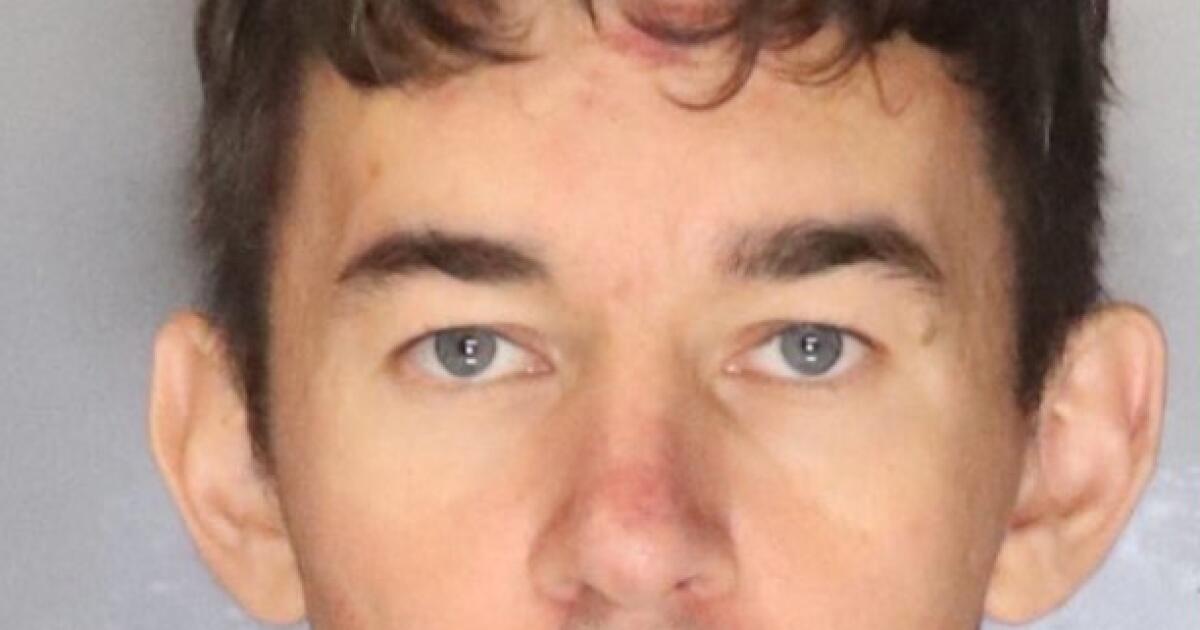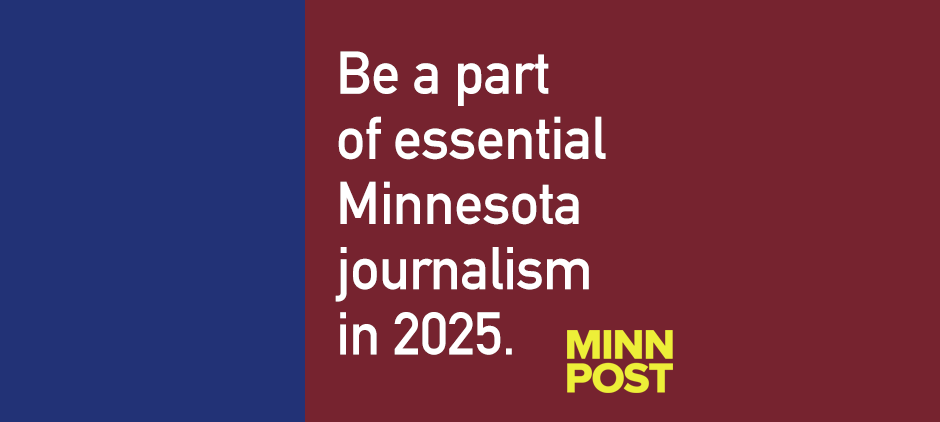As a Minneapolis City Council member and former director of Health Policy and Advocacy at NorthPoint Health & Wellness, I’ve spent decades working to advance health equity in our communities. During my 15 years at NorthPoint, I witnessed firsthand how bringing together coalitions of community members and young people could drive meaningful policy change at both state and local levels. Today, I want to thank Gov. Tim Walz and our state Legislature for their leadership in creating a pathway to give Minnesotans access to transformative therapies for sickle cell disease.
People struggling with chronic diseases, like sickle cell disease, often feel invisible to our healthcare system. In 2021, nearly 1,000 Minnesotans were living with sickle cell disease, most under the age of 50, and in just that year they required over 2,180 emergency room and hospital visits according to the Minnesota Department of Health. Behind each of these statistics is a Minnesotan fighting through excruciating pain crises, missing work or school and facing barriers to care.
But since 2015, when Minnesota’s Newborn Screening Program began directly notifying families and providers about sickle cell trait, our state has been building a comprehensive support system. The creation of the Minnesota Sickle Cell Collaborative brought together community organizers and clinicians in an unprecedented partnership. Their work culminated in the 2018 Sickle Cell Stakeholder Forum, where more than 60 people — patients, caregivers, researchers, healthcare providers, and public health professionals — came together to chart a path forward.
This grassroots momentum helped Minnesota become one of just 16 states selected for the CDC’s Sickle Cell Data Collection Program, giving us important insights into how this disease affects our communities. The data tells us that 62% of these patients rely on Medicaid, highlighting why state-level policy action is so essential.
Now, thanks to Walz and our legislature’s commitment, Minnesota stands ready to offer hope through new gene therapies and other breakthrough treatments. This isn’t just about providing cutting-edge medical care; it’s about addressing the deep health disparities that have affected our sickle cell community for too long.
Minnesota’s position as a healthcare leader makes us uniquely suited to tackle this challenge. However, to get people treated, we need two final pieces to fall into place: comprehensive state guidance for implementation and the participation of medical centers ready to provide these innovative therapies. The pathway has been created, but turning possibility into reality requires the engagement of our entire healthcare community.
The foundation we’ve built — from newborn screening to data collection to treatment access — shows what’s possible when government listens to its communities and takes decisive action. Minnesota has created a model that other states can follow, demonstrating how to turn community input into effective policy.
As I look back at that 2018 forum, I’m struck by how far this state has come, and how ready we are to change lives. Conversations between patients, clinicians, and public health professionals helped shape the policies we’re implementing today. It’s a powerful reminder that when everyone can be at the table, we create better solutions.

For too long, sickle cell disease has shortened lives and limited dreams. But today, thanks to our state’s leadership, we can offer real hope. With continued commitment from Walz, our Legislature and our amazing healthcare community, we can make Minnesota a national leader in sickle cell care and show what true health equity looks like in action.
The future we’ve been working toward is finally within reach. Let’s keep pushing forward until every Minnesotan with sickle cell disease has access to the transformative care they deserve.
LaTrisha Vetaw represents the 4th Ward on the Minneapolis City Council.








Leave a Reply